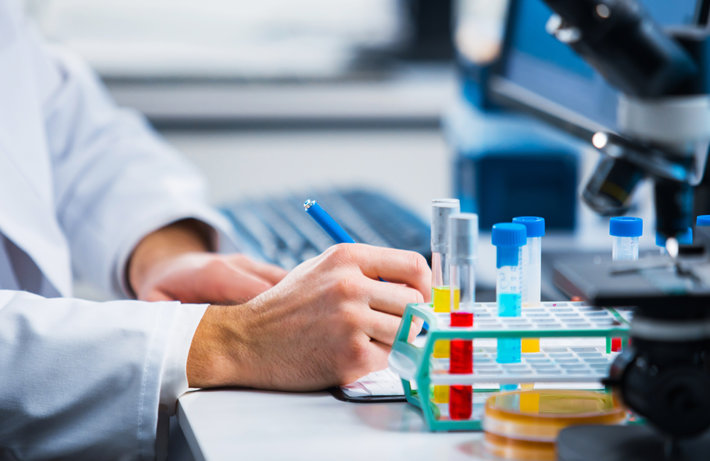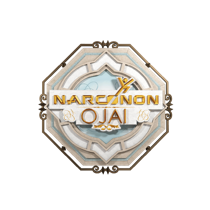Drug Testing: Urine vs Blood

What can you do if you suspect that your family member or associate is using drugs?
One possibility to consider is drug testing the individual. Drug testing has become increasingly common in recent years, with many employers, sports organizations, and law enforcement agencies requiring individuals to undergo drug tests as part of their application process or routine check-ups. Drug testing is an important tool for detecting drug use and preventing the negative consequences that come with it.
One thing to be sure of in confronting a potential situation with a loved one or business associate is that the wrong thing to do is ignore signs that something may be wrong. Changes in attitude, different circles of friends, erratic behavior, loss of interest in activities, and not showing up for work or school—all could be potential signs of drug use.
Getting your family member or associate to agree to take a drug test could be a way to open the conversation about what is happening with them. The reaction to the question could also be an indicator of what the situation is with the individual. This would require even more communication to sort out the scene. If the individual does admit to a problem, this would be the time to direct them toward treatment for their drug or substance abuse problem.
What drugs will show up in a drug test?
The most commonly tested drugs include marijuana (THC), cocaine, opioids (such as heroin and oxycodone), amphetamines, and benzodiazepines. These drugs can be detected in various ways, depending on the type of drug test used.
Urine tests are the most commonly used type of drug test and are readily available at many drug stores and convenience stores. Urine tests are easy to administer, non-invasive, and relatively inexpensive. Urine tests can detect drug use within the past few days to a few weeks, depending on the drug and the frequency of use.
However, it is important to note that urine tests can produce false positives and false negatives. For example, some over-the-counter medications (such as cold and allergy medicines) can cause a false positive for amphetamines.

Blood tests, on the other hand, are more accurate than urine tests and can detect drug use within a shorter timeframe (usually within a few hours to a few days). Blood tests are more invasive than urine tests and are typically more expensive. Blood tests are not as commonly used as urine tests, except in certain situations (such as for DUI testing). It would be possible to ask your doctor to administer such a test to your family member as part of a routine physical; and blood tests can also be part of an onboarding process for employees to join a company.
It is also important to note that different drugs stay in the body for different lengths of time. For example, marijuana (THC) can be detected in the body for up to 30 days after use, while cocaine can be detected for up to 48 hours. Opioids, such as oxycodone, can be detected for up to a few days, while benzodiazepines can be detected for up to 30 days for chronic use.
Drug testing is an important tool for detecting drug use and preventing the negative consequences that come with it. While urine tests are the most commonly used type of drug test, blood tests are more accurate.
Finding out that someone is or has been using drugs would be the start of recommending that they seek treatment. A positive test is hard to refute as a sign that someone and something needs to change.
Narconon Ojai offers a residential treatment program to help people become drug-free and go on to a drug-free life. If you need help with a loved one or associate, contact our team at Narconon Ojai for assistance in getting them into treatment.


